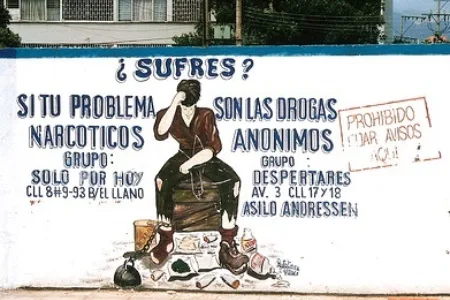The search for a negotiated peace in Colombia and the fight against illegal drugs

The issue of illicit drugs has played a radically different role in the ongoing peace talks between the Colombian government and the Revolutionary Armed Forces of Colombia (FARC) in Havana compared with the peace process in El Caguán ten years ago. There are two differences. Firstly, while in El Caguán President Pastrana aligned himself with the war on drugs as it stood at the time through the design and implementation of Plan Colombia in order to strengthen the state’s military apparatus, President Santos has adopted a more revisionist attitude by calling for a global debate intended to produce changes to the current war on drugs. And secondly, in contrast to Pastrana, Santos has chosen not to dwell on claims about the close links between the FARC’s insurgent activity and the production and trafficking of illicit drugs. Additionally, the report suggests that these differences are explained by the role the U.S. played in both negotiations: while it was active and crucial in El Caguán, its absence from the Havana has been notable, but also rather convenient. This absence, in turn, is explained by the fact that Washington has fewer interests at stake and more limited resources for intervening, at the same time as the Colombian government no longer has an urgent need for aid.